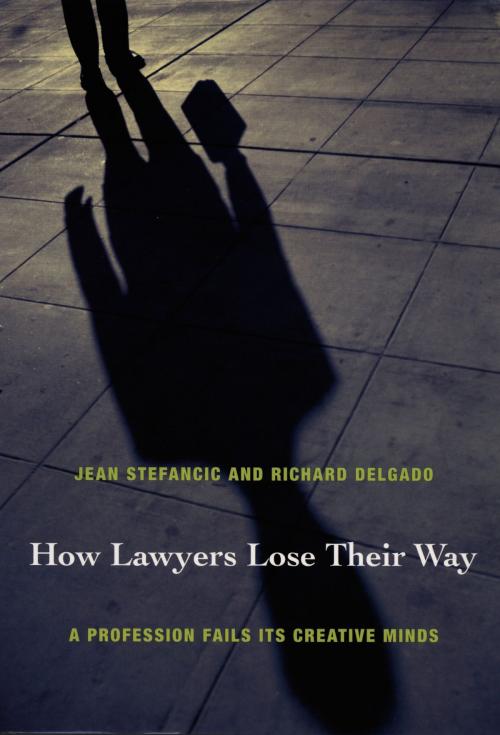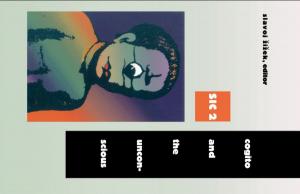How Lawyers Lose Their Way
A Profession Fails Its Creative Minds
Nonfiction, Reference & Language, Law, Legal Profession| Author: | Jean Stefancic, Richard Delgado | ISBN: | 9780822386865 |
| Publisher: | Duke University Press | Publication: | January 13, 2005 |
| Imprint: | Duke University Press Books | Language: | English |
| Author: | Jean Stefancic, Richard Delgado |
| ISBN: | 9780822386865 |
| Publisher: | Duke University Press |
| Publication: | January 13, 2005 |
| Imprint: | Duke University Press Books |
| Language: | English |
In this penetrating book, Jean Stefancic and Richard Delgado use historical investigation and critical analysis to diagnose the cause of the pervasive unhappiness among practicing lawyers. Most previous writers have blamed the high rate of burnout, depression, divorce, and drug and alcohol dependency among these highly paid professionals on the narrow specialization, long hours, and intense pressures of modern legal practice. Stefancic and Delgado argue that these professional demands are only symptoms of a deeper problem: the way lawyers are taught to think and reason. They show how legal education and practice have been rendered arid and dull by formalism, a way of thinking that values precedent and doctrine above all, exalting consistency over ambiguity, rationality over emotion, and rules over social context and narrative.
Stefancic and Delgado dramatize the plight of modern lawyers by exploring the unlikely friendship between Archibald MacLeish, who gave up a successful but unsatisfying law career to pursue his literary yearnings, and Ezra Pound. Reading the forty-year correspondence between MacLeish and Pound, Stefancic and Delgado draw lessons about the difficulties of attorneys trapped in worlds that give them power, prestige, and affluence but not personal satisfaction, much less creative fulfillment. Long after Pound had embraced fascism, descended into lunacy, and been institutionalized, MacLeish took up his old mentor’s cause, turning his own lack of fulfillment with the law into a meaningful crusade and ultimately securing Pound’s release from St. Elizabeths Hospital. Drawing on MacLeish’s story, Stefancic and Delgado contend that literature, public interest work, and critical legal theory offer tools to contemporary attorneys for finding meaning and overcoming professional dissatisfaction.
In this penetrating book, Jean Stefancic and Richard Delgado use historical investigation and critical analysis to diagnose the cause of the pervasive unhappiness among practicing lawyers. Most previous writers have blamed the high rate of burnout, depression, divorce, and drug and alcohol dependency among these highly paid professionals on the narrow specialization, long hours, and intense pressures of modern legal practice. Stefancic and Delgado argue that these professional demands are only symptoms of a deeper problem: the way lawyers are taught to think and reason. They show how legal education and practice have been rendered arid and dull by formalism, a way of thinking that values precedent and doctrine above all, exalting consistency over ambiguity, rationality over emotion, and rules over social context and narrative.
Stefancic and Delgado dramatize the plight of modern lawyers by exploring the unlikely friendship between Archibald MacLeish, who gave up a successful but unsatisfying law career to pursue his literary yearnings, and Ezra Pound. Reading the forty-year correspondence between MacLeish and Pound, Stefancic and Delgado draw lessons about the difficulties of attorneys trapped in worlds that give them power, prestige, and affluence but not personal satisfaction, much less creative fulfillment. Long after Pound had embraced fascism, descended into lunacy, and been institutionalized, MacLeish took up his old mentor’s cause, turning his own lack of fulfillment with the law into a meaningful crusade and ultimately securing Pound’s release from St. Elizabeths Hospital. Drawing on MacLeish’s story, Stefancic and Delgado contend that literature, public interest work, and critical legal theory offer tools to contemporary attorneys for finding meaning and overcoming professional dissatisfaction.















